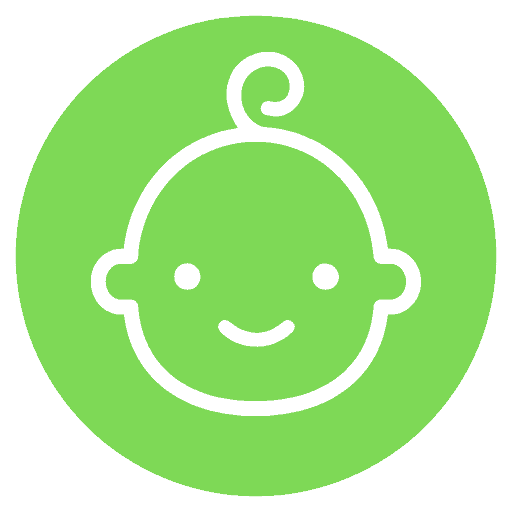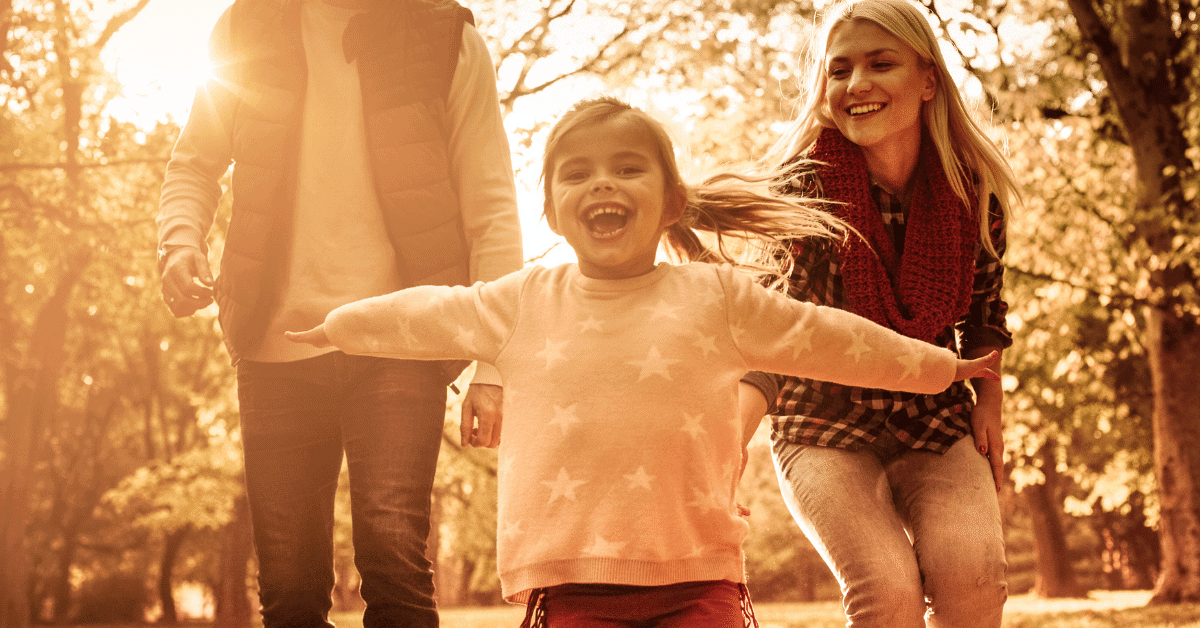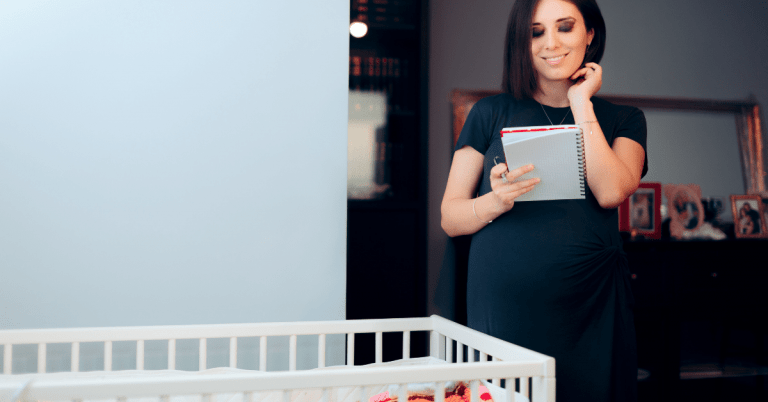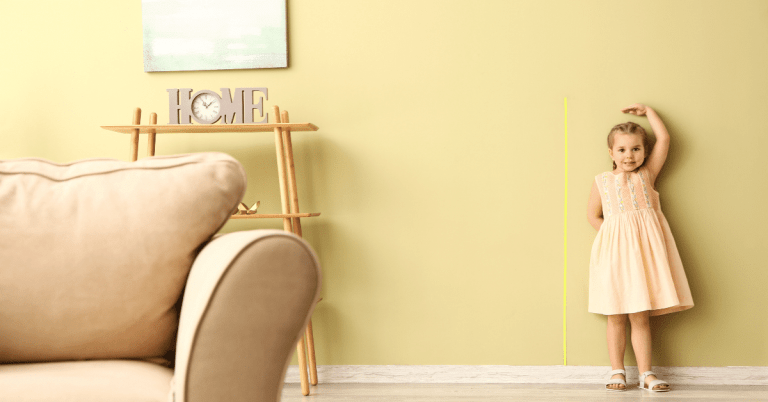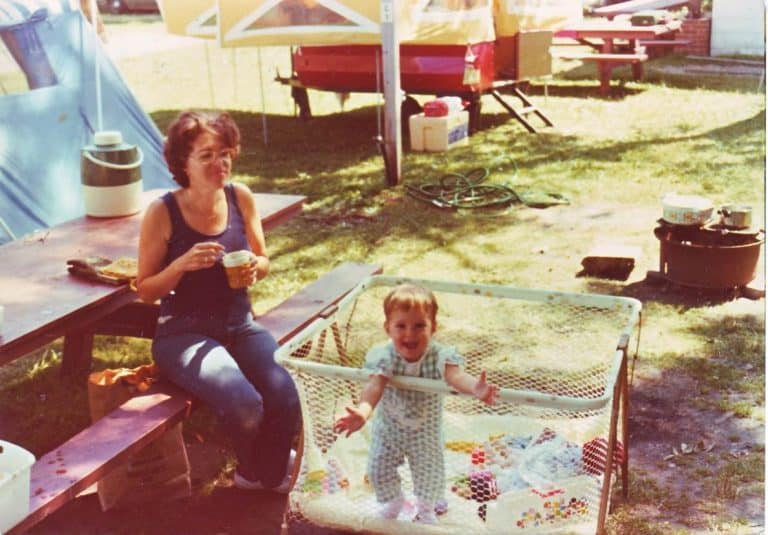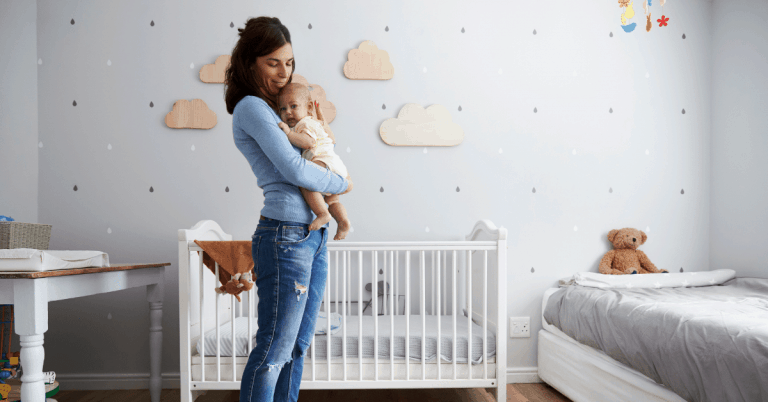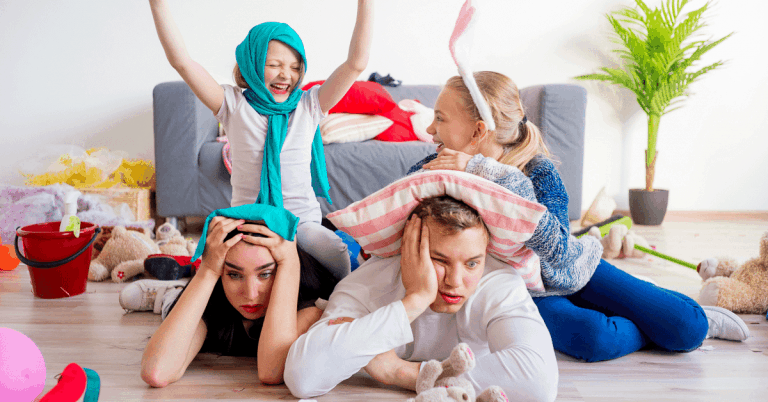How a Childs Upbringing Affects Their Health
There are plenty of stories that detail how your parenting style can affect your child’s health.
Could feelings of anxiety or illness be due to your upbringing?
Parenting is an art and a science, deeply influential in shaping the mental and emotional fabric of a child’s life. In the intricate dance of nurturing and guiding a young life, the parenting style adopted can have profound and lasting effects on a child’s mental health. This blog post delves into the intricate world of parenting styles, exploring how each approach uniquely impacts a child’s psychological development and well-being.
This article aims not just to inform but to empower. As we navigate through the nuances of different parenting styles, our ultimate goal is to offer insights and encouragement to parents. By understanding the profound impact of their approach, parents can make more informed decisions, fostering a healthier, more balanced upbringing for their children.
Helicopter Parenting: The Overprotective Approach
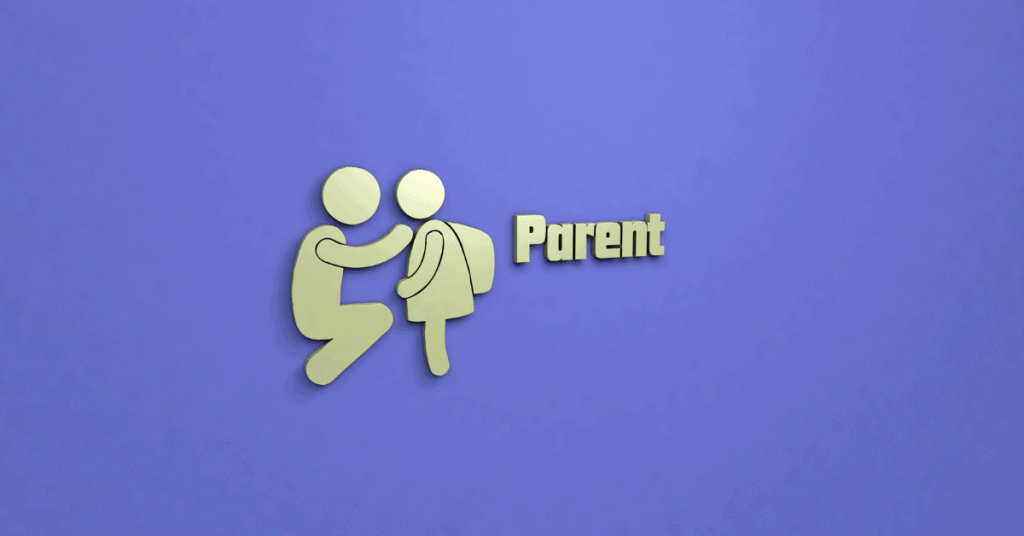
Definition and Characteristics
Helicopter parenting, a term coined in the late 20th century, refers to an overinvolved style of parenting where guardians closely monitor and heavily involve themselves in nearly every aspect of their child’s life. This approach often stems from a deep desire to protect and guide, but it can sometimes go to extremes.
Key Features of Helicopter Parenting:
- Overplanning: Scheduling every minute of the child’s day.
- Problem-solving for the Child: Regularly stepping in to resolve issues.
- Intense Monitoring: Keeping close tabs on the child’s activities and interactions.
- High Expectations: Setting ambitious goals for the child’s academic and extracurricular performance.
Impact on Child’s Mental Health
While helicopter parenting is often rooted in love, its effects can be counterproductive.
Psychological Consequences:
- Increased Anxiety: Constant monitoring can lead to heightened stress and anxiety in children.
- Dependence: Children may struggle to develop independence and decision-making skills.
- Low Self-Esteem: The lack of autonomy can result in a diminished sense of self-worth.
- Risk-Aversion: Growing up in a highly controlled environment, children might become overly cautious and risk-averse.
Balancing Involvement: Tips for Parents
- Encourage Independence: Allow children to make their own decisions and solve problems.
- Set Reasonable Boundaries: Establish guidelines that promote safety while encouraging autonomy.
- Foster Open Communication: Create an environment where children feel comfortable sharing their experiences and challenges.
- Reflect on Your Approach: Regularly assess your parenting style and its impact on your child’s development.
Helicopter parenting, with its distinct characteristics and significant impact on mental health, calls for a balanced approach. By understanding the consequences of over-involvement and adopting strategies to encourage independence, parents can nurture their child’s growth in a healthier, more empowering way.
Authoritarian Style Parenting: Structure and Discipline

Definition and Key Traits
Authoritarian parenting is defined by a strict approach that emphasizes obedience, discipline, and adherence to rules. Unlike helicopter parenting, which is marked by excessive involvement, authoritarian parenting is characterized by high expectations with limited flexibility.
Primary Attributes of Authoritarian Parenting:
- Strict Rules and Expectations: Clearly defined rules with little room for negotiation.
- High Standards: Expectation of excellence in academic and other endeavors.
- Limited Emotional Warmth: Less emphasis on nurturing and more on obedience.
- Punitive Discipline: Use of punishments over positive reinforcement.
Effects on Child Development
This style of parenting, while fostering a sense of order and discipline, can have mixed impacts on a child’s mental health.
Psychological Outcomes:
- Obedience and Orderliness: Children often display high levels of discipline and respect for authority.
- Reduced Social Skills: May struggle with social interactions due to limited exposure to nurturing communication.
- High Stress Levels: The pressure to meet high standards can lead to increased stress and anxiety.
- Lower Self-Esteem: A lack of emotional support may result in feelings of inadequacy.
Contrasting with Other Styles
Compared to helicopter parenting, authoritarian parenting involves less emotional involvement and more emphasis on rules and discipline. In contrast to positive parenting, it lacks the focus on fostering independence and emotional intelligence.
Expert Opinions and Advice
Child psychologists often suggest a more balanced approach, advocating for a combination of discipline with emotional support. Incorporating elements of positive reinforcement and open communication can mitigate some of the negative effects of this parenting style.
This style of Parenting is not be confused with authoritative parenting.
Positive Parenting: Encouraging Growth and Independence
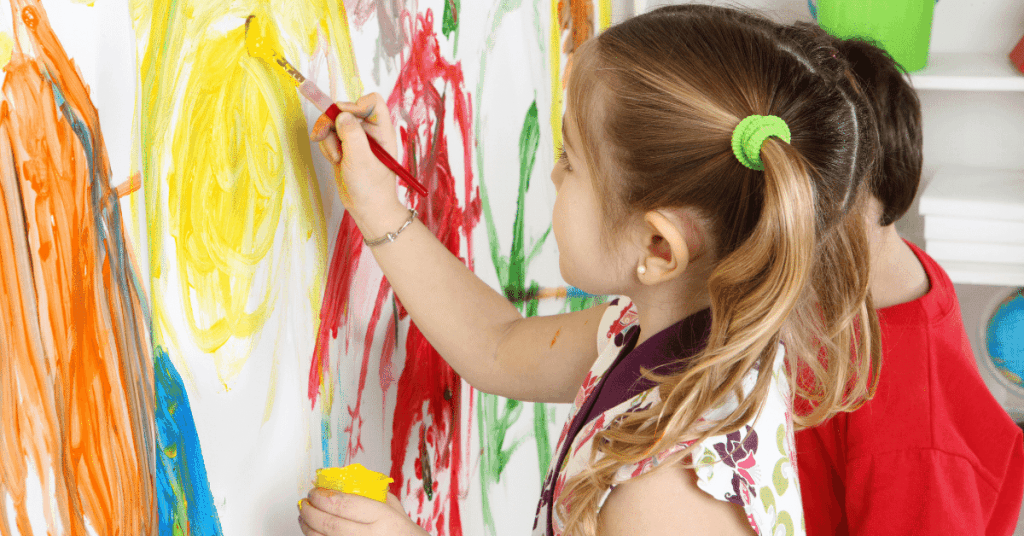
Defining Positive Parenting
Positive parenting is a nurturing approach that focuses on encouraging good behavior, imparting values, and fostering emotional intelligence. Unlike authoritarian or helicopter styles, it emphasizes positive reinforcement, open communication, and mutual respect.
Principles of Positive Parenting:
- Empathy and Understanding: Prioritizing the child’s feelings and perspectives.
- Effective Communication: Encouraging open and honest dialogue.
- Positive Reinforcement: Rewarding good behavior instead of punishing the bad.
- Setting Clear Boundaries: Establishing rules that are fair and consistently enforced.
Benefits on Mental Health
The impact of positive parenting on a child’s mental health is substantial and multifaceted.
Healthy self-esteem and optimism are protection against depression. In addition, positive emotions are beneficial not only for your soul and mind, but also for your organism as a whole. This type of parenting can also reduce the level of anxiety, because thanks to it you know quite a lot about your children. So you don’t live in the uncertainty of what they’re doing, where they are, etc.
Psychological Advantages:
- Enhanced Self-Esteem: Children feel valued and understood, boosting their confidence.
- Better Social Skills: Open communication fosters improved interaction with peers.
- Increased Independence: Encouragement of decision-making skills leads to greater autonomy.
- Resilience: Fostering problem-solving skills helps children navigate challenges effectively.
Implementing Positive Techniques
For parents looking to adopt this style, here are some practical tips:
- Active Listening: Give your full attention to understand your child’s point of view.
- Consistent Guidelines: Provide clear expectations and follow through with consequences.
- Encourage Effort Over Results: Praise the effort rather than just the outcome.
- Model Positive Behavior: Lead by example in your actions and interactions.
Success Stories and Anecdotes
Many parents who have adopted positive parenting techniques report improved relationships with their children and noticeable developments in their child’s self-esteem and social interactions. For instance, a case study in the Journal of Positive Psychology highlighted significant improvements in child behavior and parental satisfaction after adopting positive parenting strategies.
Permissive Parenting: Leniency and Freedom

Understanding Permissive Parenting
Permissive parenting, often characterized by high levels of warmth and nurturing, is marked by a distinct lack of strict rules or guidelines. Parents who adopt this style are typically responsive to their child’s needs and wishes but provide little structure or discipline.
Key Aspects of Permissive Parenting:
- Few Rules and Restrictions: Minimal limits are set on the child’s behavior.
- High Responsiveness: Parents are often indulgent and acquiescent to the child’s desires.
- Limited Guidance: Less emphasis on guiding or disciplining the child.
- Emotional Warmth and Nurturing: A loving and accepting environment is prioritized.
Impacts on Child Development
The permissive style, while nurturing, can lead to certain developmental challenges for children.
Outcomes of Permissive Parenting:
- Poor Impulse Control: Lack of boundaries may result in difficulties in self-regulation.
- Challenges with Authority: Children might struggle to respect rules and authority figures.
- Social Interaction Issues: Overreliance on parental approval can hinder peer relationships.
- Self-Esteem Concerns: Excessive leniency can affect the development of a healthy sense of self-worth.
Navigating Permissive Parenting
For parents inclined towards this style, balancing warmth with appropriate boundaries is key. Providing guidance and setting reasonable limits, while maintaining emotional support, can help in nurturing a well-rounded individual.
Uninvolved Parenting: Detachment and Lack of Responsiveness

Exploring Uninvolved Parenting
Uninvolved parenting is marked by a noticeable lack of responsiveness to a child’s needs. Characterized by minimal emotional involvement and guidance, this approach is often the result of parents being overwhelmed with other aspects of their life, leading to a neglectful or indifferent attitude towards parenting.
Characteristics of Uninvolved Parenting:
- Emotional Distance: Limited emotional attachment or availability.
- Neglect of Basic Needs: Often failing to provide sufficient care, attention, or supervision.
- Absence of Boundaries: Lack of rules or structure in the child’s life.
- Minimal Interaction: Limited communication and interaction with the child.
Impact on Child’s Mental Health
The effects of uninvolved parenting can be significant, often leading to long-term psychological challenges.
Consequences of Uninvolved Parenting:
- Emotional Withdrawal: Children may struggle with forming emotional attachments.
- Low Self-Esteem: The lack of parental engagement can lead to feelings of worthlessness.
- Behavioral Problems: Higher likelihood of engaging in risky behaviors and defiance.
- Academic Challenges: Often exhibit lower academic performance and motivation.
Addressing Uninvolved Parenting
Recognizing the signs of uninvolved parenting is the first step. Seeking support, whether through family, community resources, or professional help, can aid parents in becoming more engaged and responsive.
Comparative Analysis: Contrasting Parenting Styles

This section provides a comparative overview of the parenting styles discussed, highlighting their distinctive features and impacts on a child’s mental health. Understanding these differences can help parents make informed choices about their parenting approach.
Helicopter vs. Authoritarian Parenting
- Emotional Involvement: Helicopter parenting involves high emotional involvement, while authoritarian parenting often lacks emotional warmth.
- Control: Both styles exert control, but helicopter parenting does so by over-involvement, whereas authoritarian parenting uses strict discipline.
- Impact on Independence: Children of helicopter parents may struggle with independence due to overprotection, whereas those with authoritarian parents might lack decision-making skills due to rigid rules.
Authoritarian vs. Positive Parenting
- Discipline: Authoritarian parenting focuses on punitive discipline, while positive parenting emphasizes positive reinforcement and mutual respect.
- Communication: Positive parenting advocates for open dialogue, a stark contrast to the limited communication in authoritarian parenting.
- Child’s Self-Esteem: Positive parenting boosts self-esteem, whereas authoritarian parenting can sometimes suppress it.
Positive vs. Permissive Parenting
- Boundaries: Positive parenting involves setting clear boundaries with empathy, unlike permissive parenting, which lacks firm guidelines.
- Behavioral Outcomes: Children in a positive parenting environment typically exhibit better self-control and social skills compared to those in a permissive setting.
Permissive vs. Uninvolved Parenting
- Emotional Warmth: Permissive parents are emotionally available and nurturing, whereas uninvolved parents are detached.
- Child’s Development: Children of permissive parents may struggle with authority and impulse control, while those with uninvolved parents can experience significant emotional and behavioral issues.
Each parenting style has its unique set of characteristics and impacts. The choice of style can profoundly influence a child’s mental health, social skills, self-esteem, and overall development. Parents might find that a blend of these styles, tailored to their child’s individual needs, can be the most effective approach.
Conclusion: Nurturing Children’s Upbringing for a Healthier Adulthood

As we conclude this exploration into the various parenting styles and their impacts on children’s mental health, it becomes clear that there is no one-size-fits-all approach to parenting. Each style, from helicopter to uninvolved, carries its unique set of influences, shaping the emotional and psychological development of a child in different ways. The key lies in finding a balance, understanding the nuances of each approach, and adapting to the individual needs of the child.
Summarizing Key Insights:
- Helicopter Parenting: Offers close guidance but can hinder independence.
- Authoritarian Parenting: Instills discipline but may lack emotional warmth.
- Positive Parenting: Encourages growth with a balance of guidance and empathy.
- Permissive Parenting: Provides emotional support but lacks structure.
- Uninvolved Parenting: Characterized by minimal involvement, often detrimental.
The comparative analysis underscores the importance of a tailored approach, blending aspects of different styles to foster a nurturing environment that promotes healthy mental development.
The Role of Parental Self-Care
In the midst of focusing on parenting styles, it’s crucial for parents to remember their well-being. Parental self-care is not just beneficial but essential. Taking time to address your mental health, manage stress, and engage in self-compassionate practices, parents can create a more positive and healthy environment for their children. Remember, a happy parent often leads to a happier child.
Final Thoughts
Parenting is an evolving journey, filled with challenges and rewards. By understanding the impacts of different parenting styles, parents can make informed decisions that best suit their family dynamics. It’s about striking a balance — offering support, setting boundaries, and allowing children to explore their independence. Ultimately, the goal is to nurture a child’s mental health, preparing them for a well-rounded and emotionally healthy future.
With these insights and strategies in hand, parents are better equipped to guide their children through the complex journey of growing up, ensuring that their upbringing is as nurturing and beneficial as possible.

